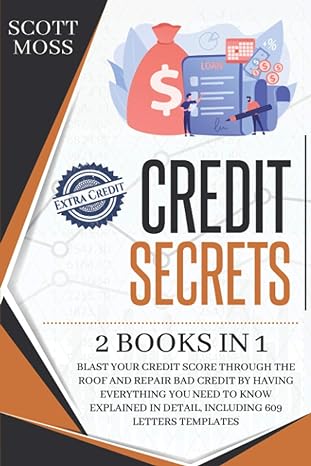Credit cards can be powerful financial tools when used wisely. Unfortunately, many individuals find themselves trapped in a cycle of debt due to improper usage. In this blog, we’ll explore the best ways to use credit cards and techniques to help you navigate the world of plastic money without falling into the debt trap.

- Understand Your Credit Card:
Before diving into credit card usage, it’s crucial to understand the terms and conditions of your card. Familiarize yourself with the interest rates, credit limit, annual fees, and any rewards or cashback programs. This knowledge will empower you to make informed decisions and choose a card that aligns with your financial goals.
- Budgeting is Key:
Create a monthly budget that outlines your income, expenses, and savings goals. Allocate a specific amount for discretionary spending, which can include credit card purchases. Sticking to a budget will prevent overspending and help you pay your credit card balance in full each month.
- Pay Your Balance in Full:
One of the most effective ways to avoid interest charges is to pay your credit card balance in full each month. By doing so, you can enjoy the convenience of a credit card without accumulating debt. Set up automatic payments to ensure you never miss a due date.
- Take Advantage of Rewards:
Many credit cards offer rewards, such as cashback, travel points, or discounts. Maximize these benefits by choosing a card that aligns with your spending habits and preferences. However, be cautious not to overspend just to earn rewards—stick to your budget and financial plan.
- Emergency Fund First:
Before relying on credit cards for unexpected expenses, build an emergency fund. Having a financial safety net can prevent you from accumulating unnecessary debt during challenging times. Aim for three to six months’ worth of living expenses in your emergency fund.
- Monitor Your Statements:
Regularly review your credit card statements to identify any unauthorized transactions or errors. Monitoring your accounts ensures you can address issues promptly and maintain a healthy financial profile.
- Avoid Cash Advances:
Cash advances come with high fees and interest rates. Instead of using your credit card for cash withdrawals, plan ahead and use your debit card or withdraw cash from your bank to avoid unnecessary charges.
Conclusion:
Mastering the art of credit card usage requires discipline, financial literacy, and a proactive approach. By understanding your card, budgeting wisely, paying your balance in full, and taking advantage of rewards, you can use credit cards as a valuable financial tool without falling into the debt trap. Stay informed, make conscious decisions, and pave the way for a financially secure future.
